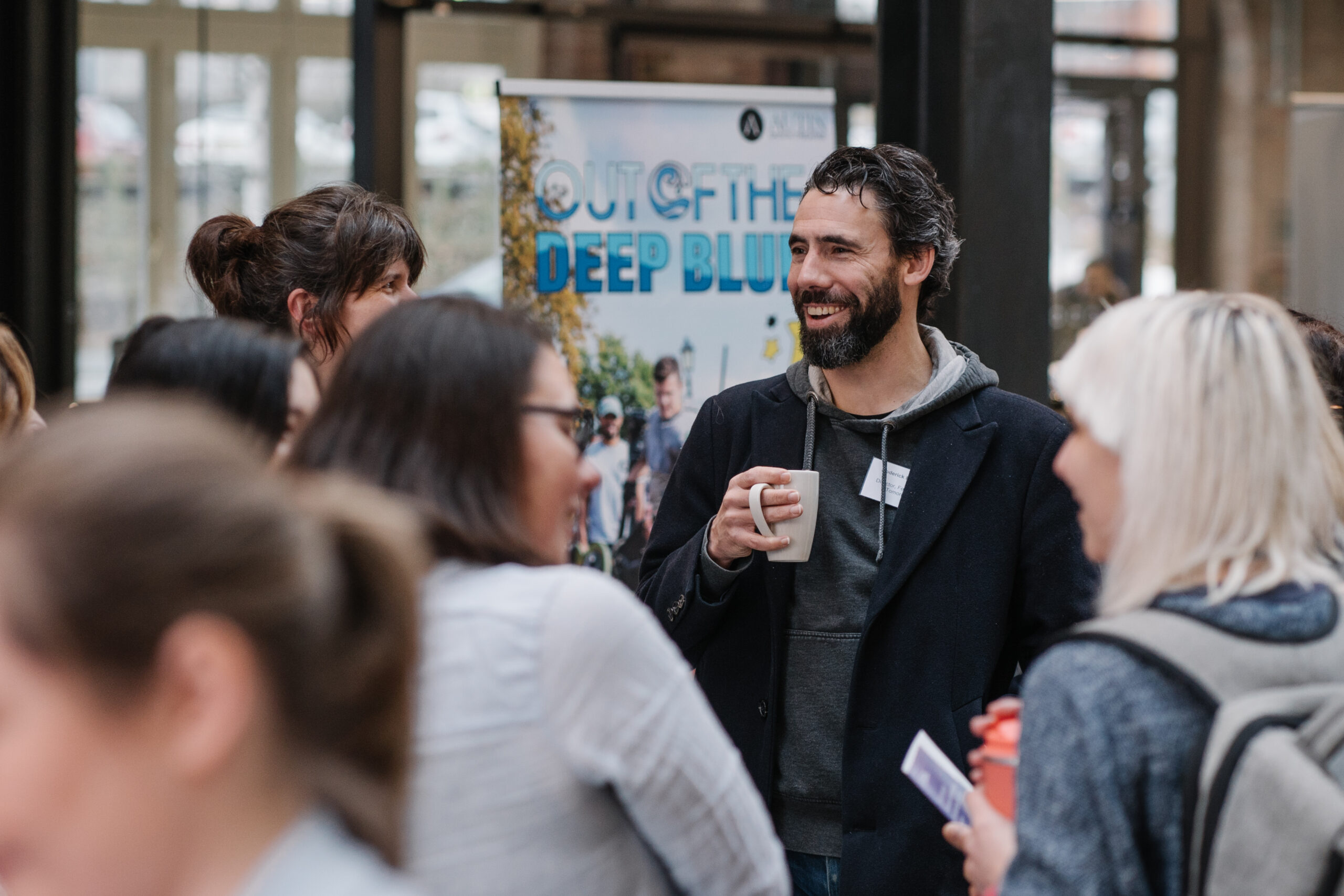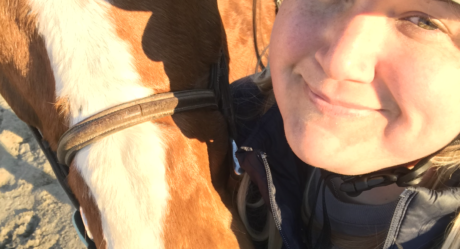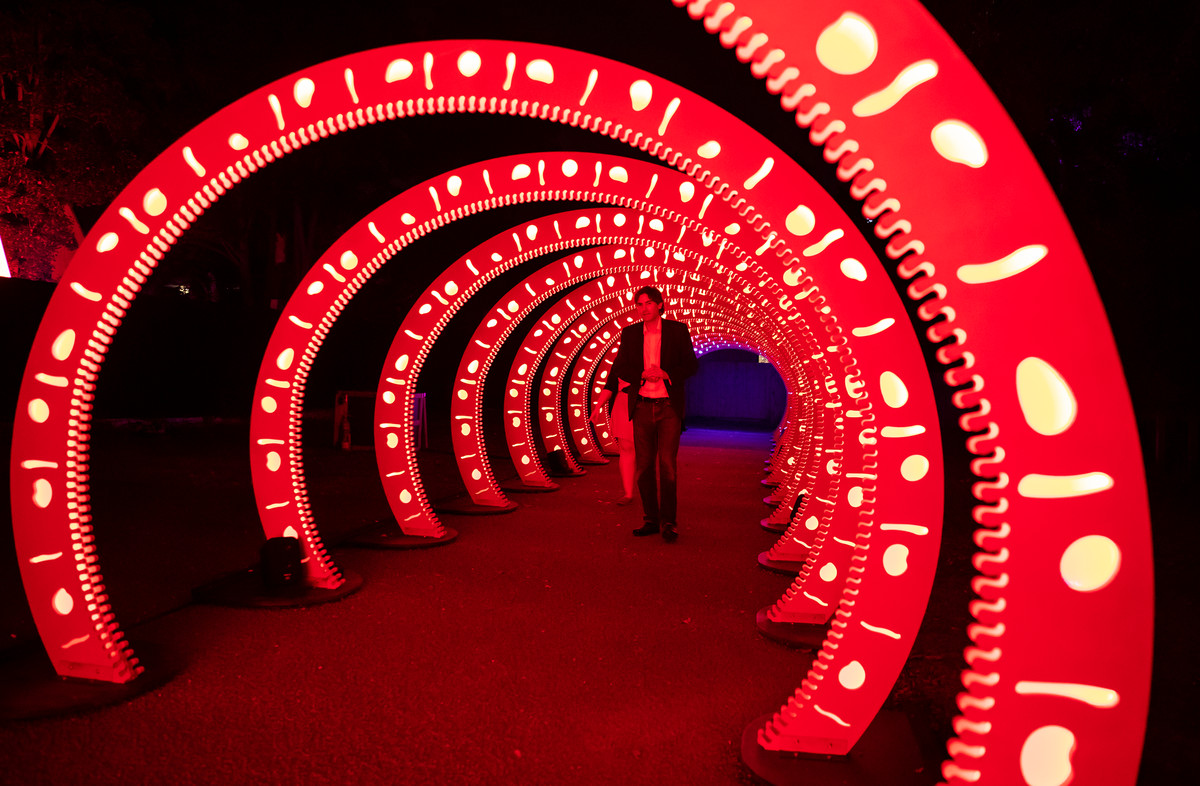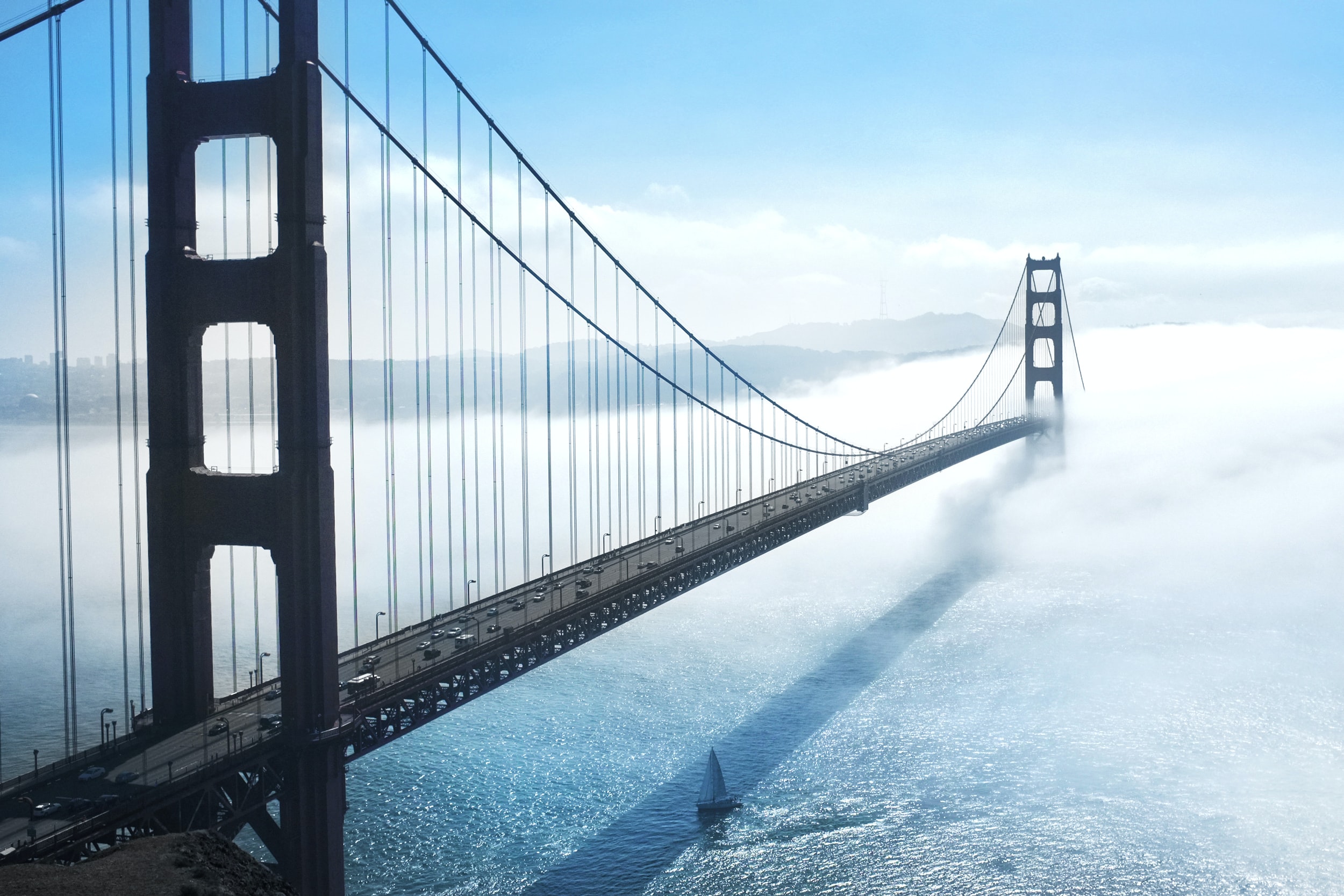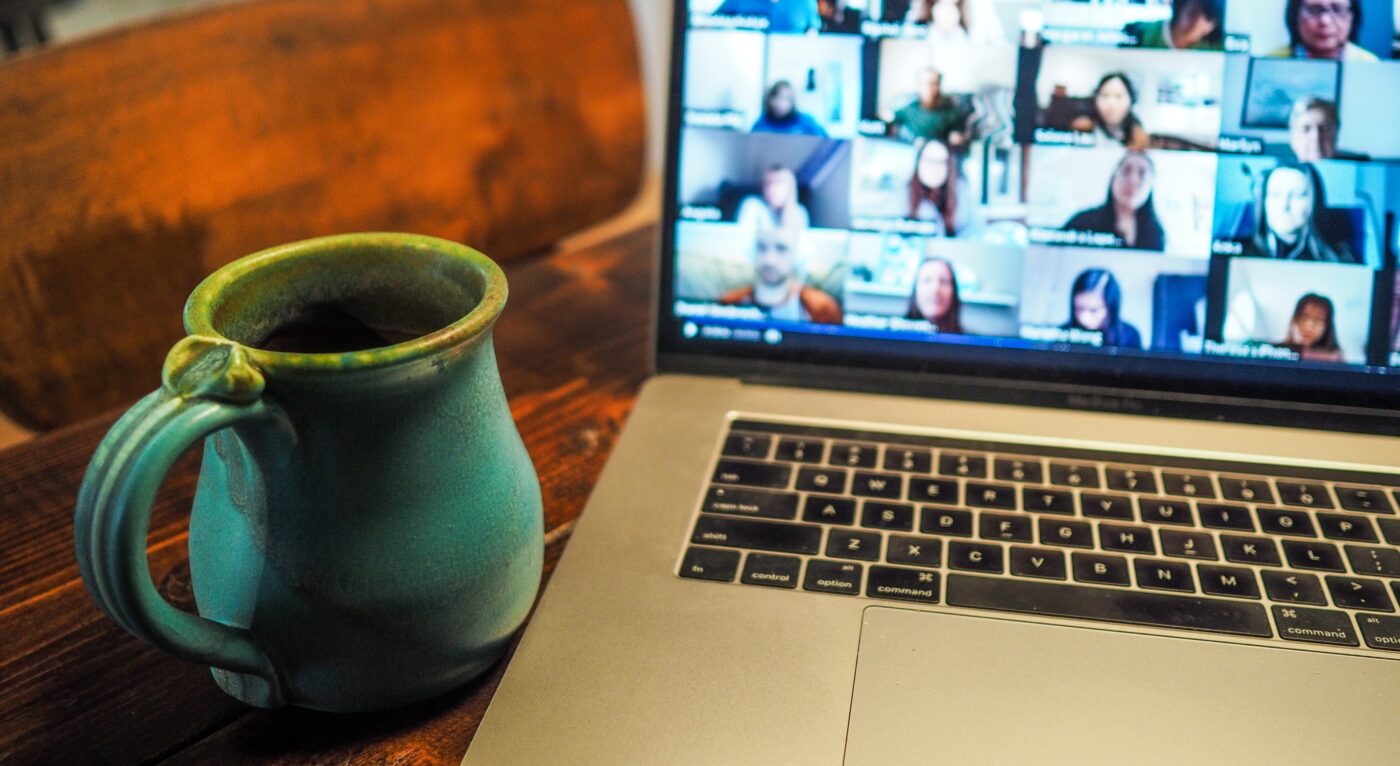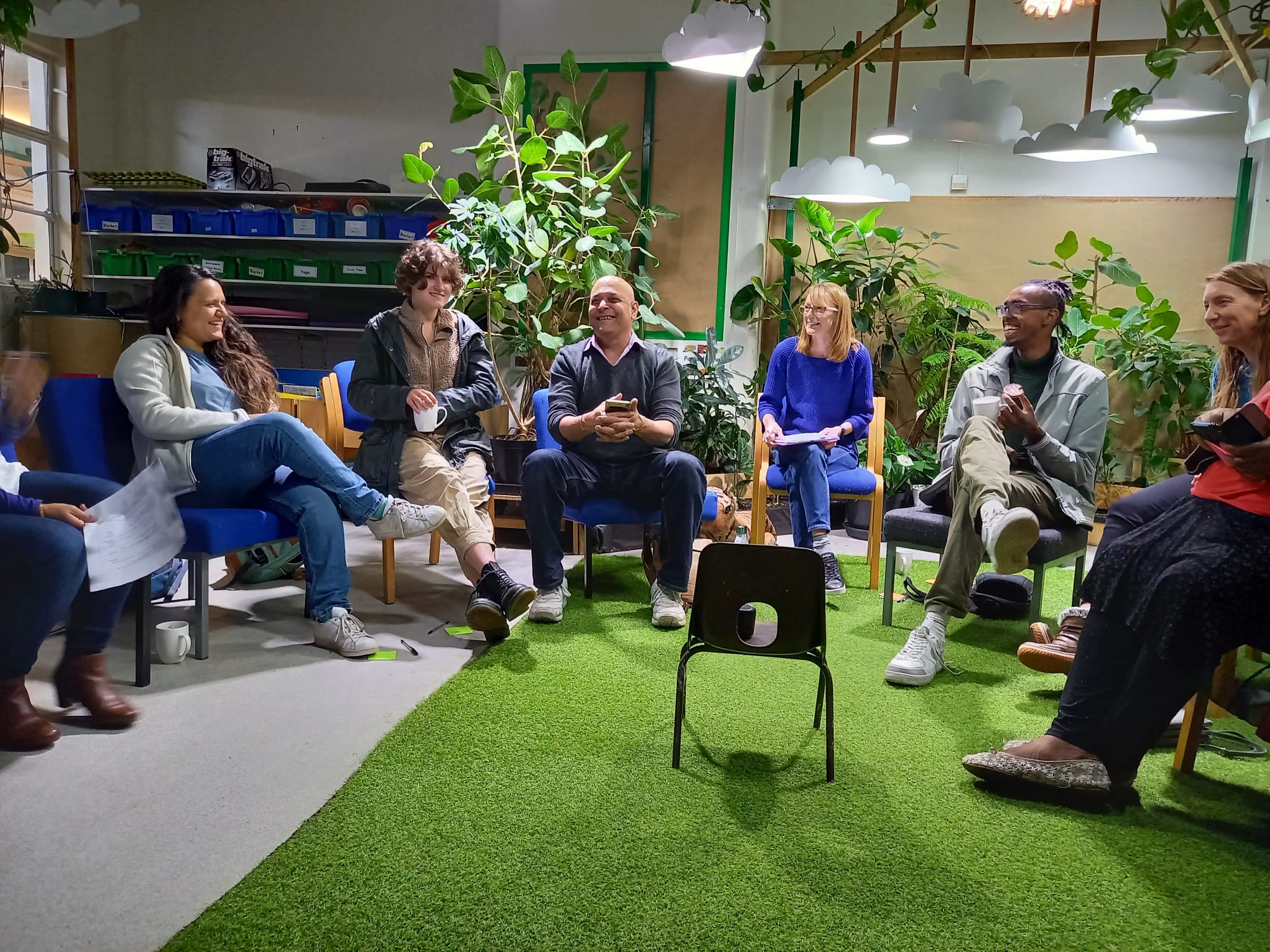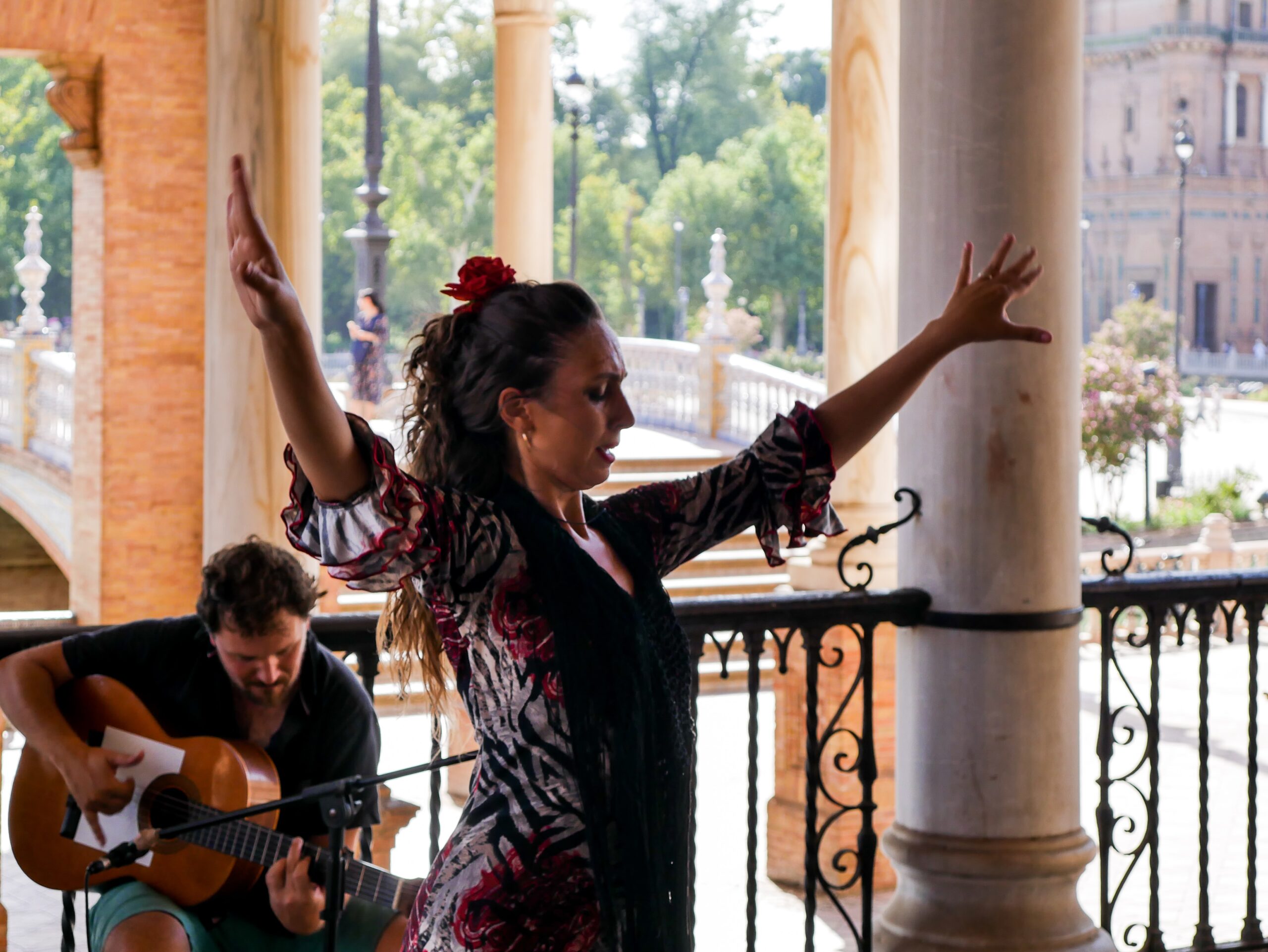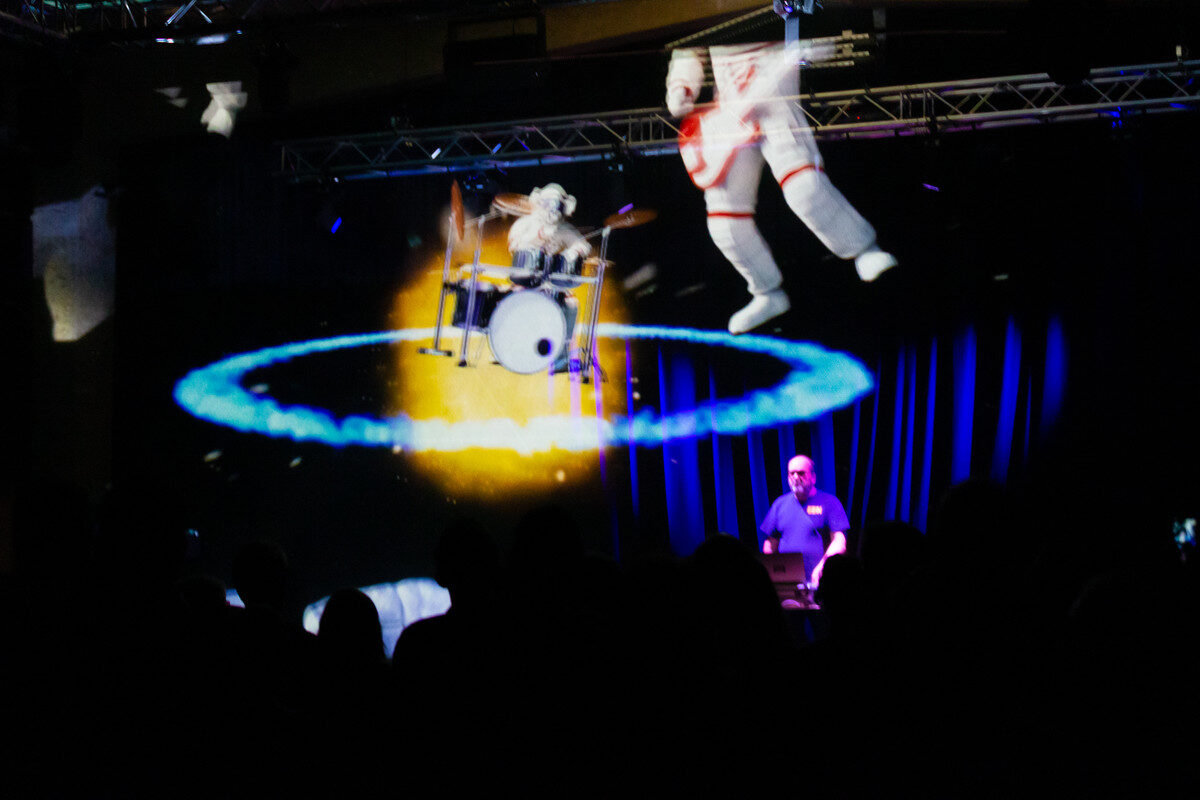On 19 January, organisers of science festivals and science events convened on Hopin, an online events platform, for the fourth UK Science Festivals Network conference.
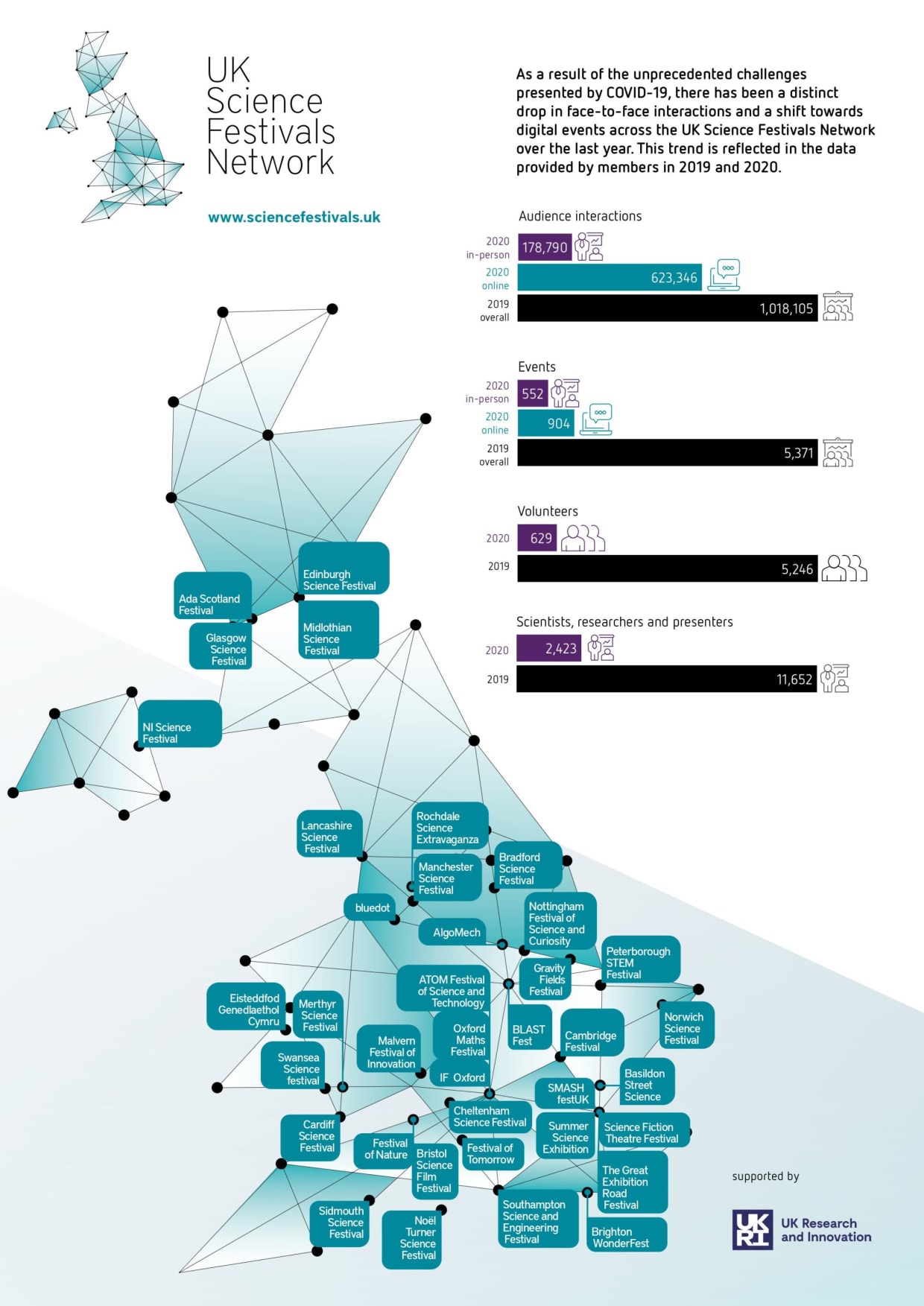
Following a chaotic year, in which COVID-19 brought the sector face-to-face with extraordinary challenges, it’s never felt more important to get together (albeit virtually) to share experiences and spark inspiration in one another.
While we missed being able to gather in person, our first endeavour into the world of online conferencing provided the opportunity to welcome more people than ever before – from 11 different countries around the world! Being mindful of “Zoom fatigue”, we were determined to carve out opportunities for attendees to continue the conversation with speakers and other attendees informally, as well as engaging in a few fun and light-hearted activities. We hosted desk-based yoga sessions and even a virtual petting zoo with some very cute goats.
It also enabled attendees to easily engage with as much of the content as suited their needs, building their conference experience around caring responsibilities and the inevitable Wi-Fi glitches!
In terms of content, the effects of a global pandemic on festivals were (unsurprisingly) high on the agenda – particularly with the rise of remote culture and combatting misinformation. Conversations also considered
Equality, Diversity and Inclusion (EDI) journeys and listening to communities.
Here are some reflections and take-home messages from each session. You can also check out #UKSFN21 to see what attendees were saying on Twitter throughout the day!
SOS: state of the sector
Panel: Laura Melissa Williams (Designer), Kathrine Bancroft (UK Research and Innovation) and Farrah Nazir (Wellcome Trust) Chair: Ivvet Abdullah-Modinou (UK Science Festivals Network/British Science Association)
It felt important to kick off the day on an optimistic and hopeful note, by celebrating what festivals across the Network have achieved throughout 2020, despite so much uncertainty, as shown in the infographic below.
The panellists considered where we, as science festivals, find ourselves at the beginning of a new year and how organisers of such events can move forward.
- Laura Melissa Williams explored the challenges and opportunities for science festivals that she observed whilst exploring what the sector might look like in 2030. She challenged attendees to think carefully about their role in bridging the gap between research and the general public in an age of misinformation.
- Kathrine Bancroft provided a perspective from a major funder of science engagement activities, reflecting on the opportunities to innovate and reach audiences in new, creative and community-led ways.
- Farrah Nazir considered the likely national and global crises we are likely to face in a post-COVID world, reflecting that “our ability to build and maintain trust in this new world is what’s going to be our saviour.” The key to gaining this trust will lie in relevancy, adaptability and accountability.
Hindsight is 2020: running a festival in a pandemic
Debbie McNeill (Glasgow Science Festival) and Maddie Smart (ArtReach) Chair: Julie Fooshee (University of Edinburgh)
Julie kicked off this session by asking “So, what happened!? to festival organisers at the forefront of rolling out large-scale events during the pandemic.
Debbie took us on Glasgow Science Festival’s journey of transforming their initial programme into an exciting digital offering (in only seven weeks!). ‘Science on the Sofa’ comprised 650 activities including live-streamed events, as well as self-directed content for audiences to experience at their leisure. Similarly, Maddie Smart explained how arts festival Journeys Festival International went ahead as a 21-day-long online extravaganza, working with 60 artists to showcase performances and artworks.
Both considered the challenges of having to digitally rethink ways of working in community spaces and facilitating safe, yet sometimes polarising, conversations. Another recurring theme was the heart-warming, overwhelmingly positive response from partners when re-invited to take part in a totally different programme, despite grappling with their own pandemic woes!
Looking ahead to the coming months, an interesting challenge for large-scale events will be how to make the return to live events, whilst making the most of the digital upskilling and learnings from 2020.
Stories of grassroots engagement
Speakers: Arun Bector (BME Housing Consortium) and Marsha Fisher (Sutton African and Caribbean Cultural Organisation) Chair: Anna Woolman (British Science Association)
Throughout the pandemic, grassroots organisations have played a vital and resourceful role in responding to the immediate needs of their users. In 2020, the BSA partnered with UKRI to enable community groups to run projects in the latter half of the year, trialling new approaches to engage their audiences with science.
- Sutton African and Caribbean Cultural Organisation’s project inspired their users with an intergenerational, hands-on, family learning workshop focussed on Mae Jemison, the first black female astronaut, and her journey of overcoming adversity to achieve her dreams. By sending out fun-filled activity packs to users, audiences were able to join in whilst safe at home.
- BME Housing Consortium set out to engage their users, including Black, Asian and Minority Ethnic communities, refugees, people with mental health conditions and learning difficulties with their project ‘SARS WARS’, which aimed to combat COVID-19 misinformation in these communities.
Both Marsha and Arun reflected on novel opportunities to increase the reach of their projects through creative methods of remote engagement, The established trust that both groups held within these communities afforded them an open dialogue with users when discussing sensitive issues such as COVID-19.
Many of the points raised in this session focus on the importance of building relationships with communities, further explored in the later session ‘What should we be talking about today?’
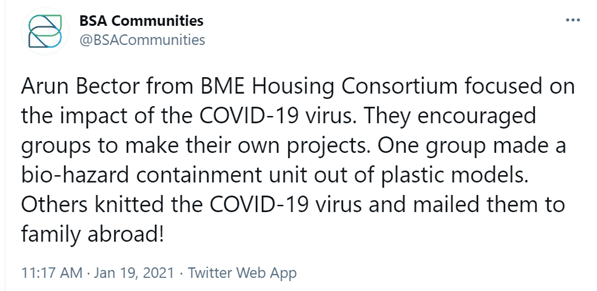
A workplace inclusion journey
Speakers: Katherine Mathieson (British Science Association) and Tinu Cornish (SEA-Change Consultancy)
The BSA has undertaken an Equality, Diversity and Inclusion (EDI) journey over the last few years, with support from SEA-Change Consultancy.
The road to becoming an organisation that listens to diverse voices both internally and externally has come with varied successes and challenges. Tinu and Katherine’s reflections from this process include:
- Borrow and adapt resources wherever you can, crediting the source – there is so much work to be done, why reinvent to the wheel?
- There is no finish line or endpoint, we evolve and our challenges change as we move forwards.
- Collaborate with and create bodies who offer the right balance of support and challenge (e.g. consultants, boards)
- Tackling difficult and emotionally charged conversations in a professional context isn’t always easy but it’s valuable. As Tinu puts it, “we need to understand that, because of unconscious bias, we can be part of systems that are oppressive, and wanting to talk about this doesn’t make us bad people.”
The shift to remote culture
Speaker: Matt Locke (Storythings)
COVID-19 has had a huge impact on the way we consume content, prompting a shift towards rich, immersive video experiences that can be consumed from our living rooms (Tiger King, anyone?). Many organisations have been quick to develop digital content over the last year with varying degrees of success, but has this approach really been the best way forward?
Matt Locke delved into the rise of remote culture, which stretches far beyond the digital world even though it doesn’t always seem that way. Matt rightly explained that replicating a physical experience online shouldn’t necessarily be the goal – we should instead begin designing formats by considering where our audiences are, how they consume content and what they are doing with their time. It’s about getting creative within the constraints!
COP26: Who’s doing what?
Speaker: Penny Fidler (Association of Science and Discovery Centres) and Emma Woodham (Glasgow Science Centre)
This session invited attendees to share their own organisation’s ideas and plans for COP26. A range of exciting plans are already in motion across the science engagement sector!
If you didn’t attend this session but are keen to get involved, find out more here or get in touch with COP26info@cabinetoffice.gov.uk for more information.
How to approach diversity & inclusion strategically
Speaker: Lenna Cumberbatch (Diversity and Inclusion Strategist)
With a strong practical focus, this session provided a space for attendees to explore questions about their own approaches to EDI, drawing on Lenna’s expertise.
A key theme was that communication is critical throughout our journeys. From open discussions with relevant stakeholders from the outset, alongside bring the right people into the room, it becomes possible to set realistic goals and identify missteps quickly. We need to be conscious of power dynamics, setting clear boundaries around communicating respectfully when involving others in conversations. To learn and move forward, we shouldn’t hesitate to acknowledge our mistakes and apologise, whilst also being quick to forgive.
Lenna reinforced that seeing a change requires goal setting and a commitment to the legwork. Change should be driven by data to understand where the gaps are in existing strategies.
Remember that there are major differences between positive discrimination (illegal) and positive action (legal), which can be a valuable tool on your journey.
How design changed my mindset
Speakers: Savita Willmott (Bristol Natural History Consortium), Elisa Valarani (Design Council)
In 2020, Bristol Festival of Nature’s undertook a project to build design thinking onto their practice as part of a partnership between the UKSFN and the Design council.
Some of their biggest takeaways from this process included:
- Spend time asking big questions to get to the heart of what you are trying to solve.
- Authentic audience insights are well worth the time and investment and putting the legwork into going out and conducting interviews usually pays off.
- Festival organisers are creatives at heart but often end up spending time on operations and admin. The design process can give those creative muscles a much-needed stretch!
Some tools and techniques that were particularly valuable throughout the process included Padlet and Rose, thorn, bud. (We would also recommend Miro!)
Introducing the Ideas Fund
Speaker: Chris Manion (British Science Association)
Attendees at this session had a sneak preview into The Ideas Fund, a novel, Wellcome-funded grants programme that will provide funding and, crucially, support to communities to explore ideas around mental wellbeing by working with researchers.
Chris took us through this exciting new programme, from its inception through a rigorous co-design progress, all the way to the launch. This opportunity is currently open to groups operating within communities in Hull, Oldham, North West Northern Ireland and the Highlands & Islands of Scotland. To find out if you’re eligible or for more information about this innovative new programme, check out The Ideas Fund website.
What should we be talking about today?
Speakers: Daniel Aguirre (Science Festival Accelerator), Ben Wiehe (US Science Festival Alliance)
When was the last time you attended a meeting that started with this genuine invitation? To be fully authentic, totally present and listen sincerely as we practice community engagement, we must be prepared to put our agendas to one side.
Ben and Daniel openly and frankly shared their reflections from the Science Festival Alliance’s Community Listening project. This initiative set out to amplify community voices, creating a brave and safe space to understand their on-the-ground realities and priorities. This challenging session drove home the huge importance of meeting communities where they are, and building trust so that science event organisers can be invited into community spaces, rather than expecting communities to engage first.
There were so many profound and insightful take-home messages from this session. Many reflections from attendees can be seen on Twitter using #UKSFN21 (a few are copied here). We encourage you to find out more about this project by listening to the project recordings, which can be found in the previous link.
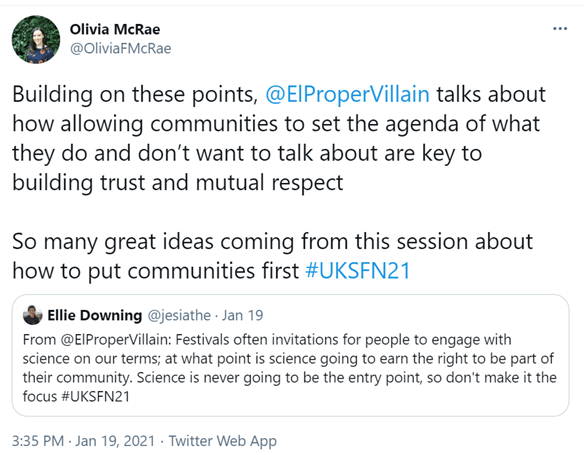
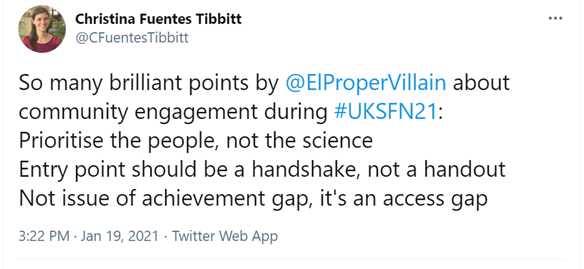
Relational meetings 101
Speaker: Froi Legaspi (CitizensUK)
This session provided a brilliant introduction to this powerful tool for community organising. By demoing a one-on-one meeting with the BSA’s own Anna Woolman, attendees gained solid, practical guidance on building a public relationship based on mutual interests.
These meetings are designed to be intentional, focussed on interests, a two-way conversation (not a therapy session!) and last about as long as it takes a cup of tea to get cold. As Froi brilliantly summarised, the only rule is to be curious about the person in front of you and ask open questions!
COVID and conspiracy theories
Speaker: Joe Pierre (University of California, Los Angeles)
This session challenged science festival and event organisers to consider our roles and responsibilities towards tackling the COVID-19 ‘infodemic’. ‘Fake news’ surrounding the pandemic can seem overwhelming at times, but Joe Pierre’s research focusses on why these theories are so incredibly prevalent, and how the divide between science and conspiracy theories can be bridged.
When toxic divisiveness is endemic in society, Joe reflects that a considerate, nuanced approach to engagement is crucial as we advocate for trust in scientific knowledge going forward.
Check out Joe’s blog for a deep dive into these and other questions.

YARA + DAVINA: our artistic response to 2020
Speakers: Yara El-Sherbini and Davina Drummond (YARA + DAVINA)
Wrapping up the conference on a positive and thought-provoking note, artistic duo YARA + DAVINA discussed learnings from their interactive artwork, Arrivals + Departures, and how they responded to COVID-19 as creative problem solvers.
The installation, based on the familiar imagery of travel departure and arrival boards, was intended to provide a site to acknowledge meaningful moments and significant people. The artwork has been proven to be adaptable, not just to changing government guidance and regulations, but also to the needs of the public. It also facilitated an outlet for grief as people weren’t as able to mourn death in typical ways.
YARA + DAVINA’s work also touches on politics and the Black Lives Matter movement. In 2020 the public started to consciously name the unnamed, such as George Floyd and Breonna Taylor, whilst also deciding to end the historic memorialisation of some controversial figures by toppling statues. Arrivals + Departures gives everyone the power to decide who gets commemorated.
YARA + DAVINA concluded that art provides a vital function to help people deal with lockdowns and the aftermath of a global pandemic, as well as highlighting longstanding questions around social and climate justice. There is a significant need for art to act as a catalyst for these conversations that are equally relevant to anyone who works to engage the public with science.
There was so much inspiration to be gained from #UKSFN21, arguably, the biggest take away for many was the sense of pride in being a part of a community that has continued to listen to and innovate for our audiences, during the most challenging of times.
A huge thanks from the UKSFN team and to everyone who joined us on the day, both speakers and delegates. We can’t wait to come back together next year, whether online or face-to-face, to once again celebrate a sector that is going from strength to strength and shows no signs of stopping.


